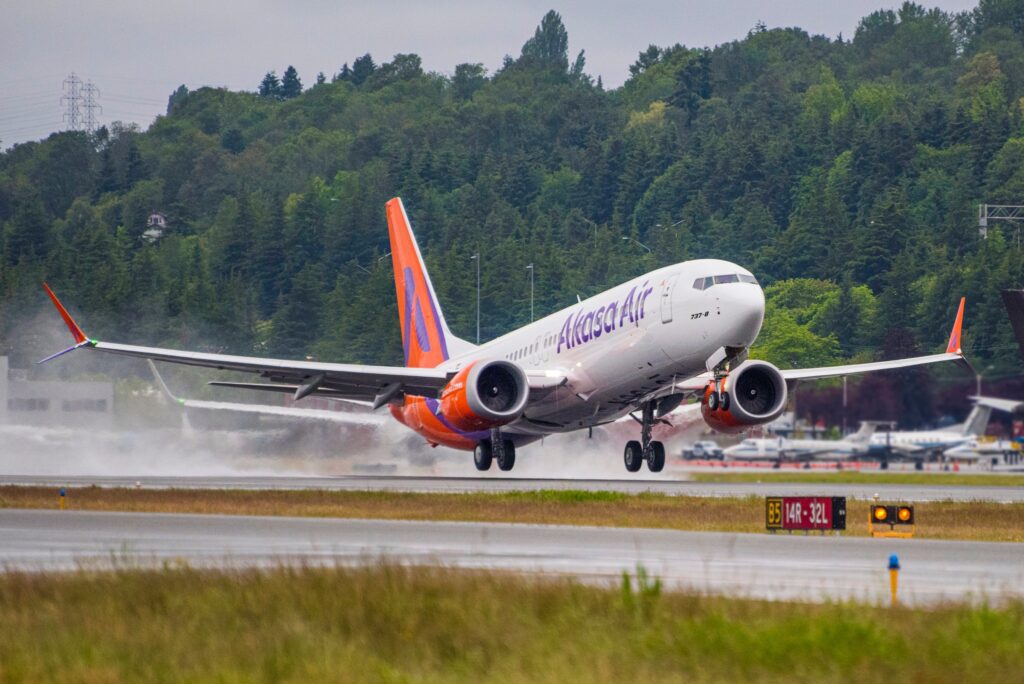Italy and Spain have dispatched naval vessels to escort the Global Sumud Flotilla en route to Gaza, following reports of drone attacks on civilian aid boats in the Mediterranean. Italy now says it will send a second warship, as governments stress their mission is humanitarian rather than aggressive. (According to Reuters)
Flotilla Attacked, Naval Escort Activated
Activists aboard the flotilla reported that drones launched explosive devices and disrupted communications near the Greek island of Gavdos. No fatalities were reported, but several vessels sustained damages. (According to AP) The flotilla comprises around 50 civilian boats from more than 45 countries, carrying symbolic humanitarian aid to Gaza under blockade.
In response, Italy dispatched the frigate Fasan, with a second warship—Alpino—on the way, to assist in possible rescue operations and protect Italian nationals aboard the convoy. Spain also committed a naval vessel from Cartagena to provide support and potential rescue capabilities.
Defence Minister Guido Crosetto affirmed that the ships are not to engage militarily but to offer safe passage and assistance “for any eventuality.”
Strategic & Political Context
The deployment marks a rare instance of European naval involvement in a high-profile civil flotilla mission. Italy framed its involvement as a duty to protect its citizens and uphold humanitarian principles. “It is not an act of war, it is not a provocation: it is an act of humanity,” Crosetto told parliament.
Spanish Prime Minister Pedro Sánchez, speaking at the UN General Assembly, said Spain would send a ship to ensure Spanish participants are protected and international law respected.
Yet the decision has drawn criticism from within Italian politics. Prime Minister Giorgia Meloni described the flotilla mission as “dangerous and irresponsible,” arguing that there are safer alternatives, such as landing the aid in Cyprus via the Church.
On the other side, flotilla organizers and human rights groups emphasize that the mission is nonviolent and compliant with international humanitarian law. They reject Israeli claims linking the flotilla to Hamas.
Operational Challenges & Diplomatic Risks
Deploying warships in proximity to a contested naval blockade invites high diplomatic risk. Israel has cautioned against any breach of its naval embargo, stating that vessels attempting to enter Gaza waters would not be permitted.
Italy has pressed for careful coordination, informing Israeli authorities of its actions, and warning the flotilla against entering territorial waters unilaterally.
Some analysts warn that the escort mission could provoke escalation if confrontation occurs. The naval presence signals a stronger European posture on the Gaza issue. Others argue Italy and Spain may find their mandate tested if Israeli naval forces attempt interception.
What This Means for the Flotilla & Gaza Aid
For activists and participants, the naval escorts provide an additional layer of security, potentially deterring further drone attacks or interference. It also adds political weight to their cause by involving state actors.
For Israel, the presence of European warships could complic responses to the flotilla. It may constrain Israel’s tactical options or push it to emphasize diplomatic channels for aid transfer.
For the broader region, the move spotlights fractures in global responses to the Gaza conflict. It underscores tensions between states aiming to uphold maritime rights and those asserting security prerogatives under war conditions.
FAQs
A: “Italy flotilla” refers to Italy dispatching naval vessels to escort the Global Sumud flotilla, a convoy of civilian boats carrying aid to Gaza.
A: They cite recent drone attacks on flotilla vessels and aim to protect their citizens aboard and ensure safe navigation of the convoy.
A: No. Officials say the ships are for support, rescue, and protection only, not engaging in combat operations.









